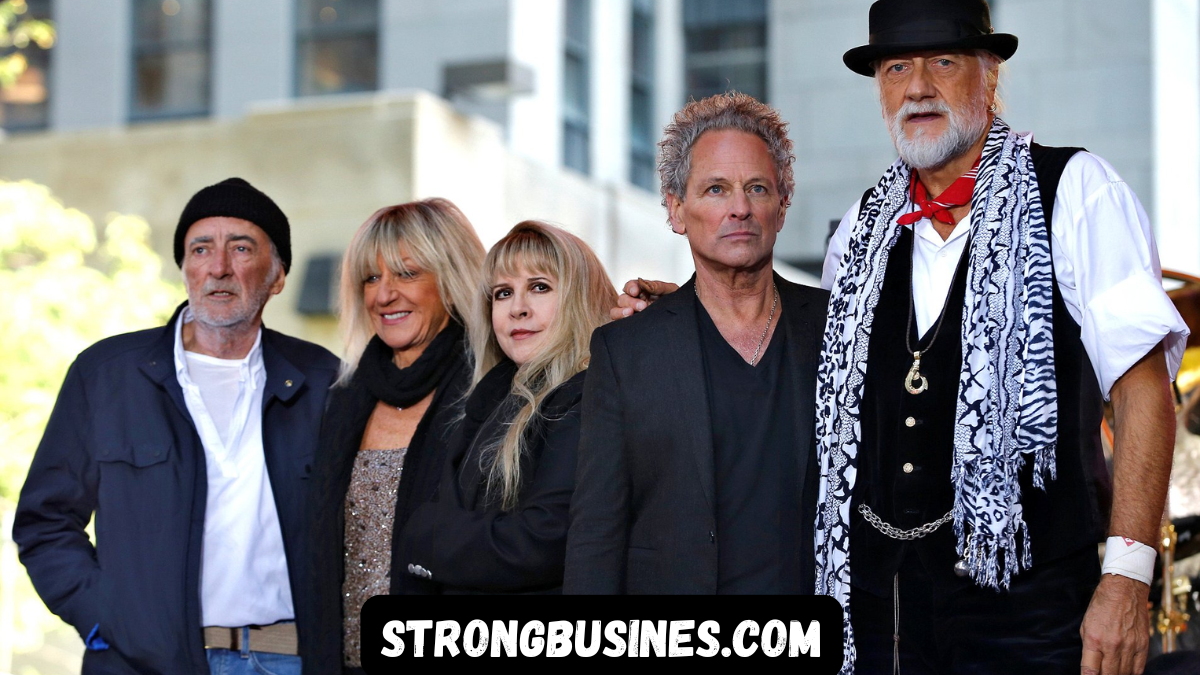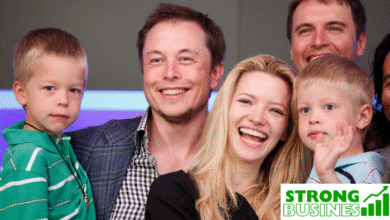William Gregory Buckingham is a name that carries a certain weight and intrigue, often surfacing in discussions about leadership, innovation, and impact. His contributions span multiple domains, with his influence resonating across business, community service, and perhaps even academia. While not a universally known public figure, those who are familiar with his work recognize him as a symbol of dedication, intellect, and transformation. Whether through executive decision-making, philanthropic endeavors, or thought leadership, William Gregory Buckingham has carved a unique path worth exploring.
Early Life and Educational Foundations
The story of William Gregory Buckingham begins with a childhood marked by curiosity and discipline. Raised in an environment that encouraged intellectual development and ethical grounding, he quickly demonstrated a propensity for leadership and learning. His early years were filled with academic excellence and a passion for problem-solving. These qualities laid the foundation for what would become a lifelong commitment to professional achievement and social responsibility.
Education played a significant role in shaping Buckingham’s worldview. He pursued higher studies at some of the most reputable institutions, where he cultivated a robust understanding of both theoretical and practical dimensions of his fields of interest. Whether his focus was business, public policy, or social sciences, his academic journey helped develop a well-rounded thinker capable of bridging diverse disciplines. Professors and mentors often noted his ability to grasp complex issues and communicate solutions effectively, qualities that would serve him well in his later career.
Career Milestones and Achievements
Buckingham’s professional trajectory is a reflection of his multifaceted talents. In the corporate world, he rose through the ranks due to his analytical thinking, ethical approach, and innovative mindset. He held leadership roles that demanded a balance of strategic foresight and operational efficiency. These positions were not merely about profit margins or expansion metrics; they also involved fostering a culture of integrity and inclusivity within the organizations he led.
One of Buckingham’s strengths lies in his ability to identify potential where others see risk. His tenure at various firms demonstrated his knack for transforming underperforming divisions into revenue-generating engines through structural reorganization and talent development. He believed in empowering individuals at all levels, advocating for transparent communication, and encouraging innovation.
In addition to his corporate endeavors, Buckingham ventured into entrepreneurial projects. These initiatives reflected his belief in sustainable business models and social impact. He was known for backing ventures that prioritized environmental responsibility, ethical sourcing, and community engagement. His portfolio included both high-growth startups and mission-driven enterprises, showcasing a balance of ambition and conscience.
Influence in Community Development
Beyond boardrooms and business ventures, William Gregory Buckingham made a significant impact in the realm of community development. He viewed success not solely in financial terms but also in the positive changes he could bring to the lives of others. His community work ranged from education and healthcare to infrastructure and environmental conservation.
Buckingham’s community initiatives often focused on underserved populations. Whether through scholarships for underprivileged students or funding for rural clinics, he approached these efforts with empathy and long-term vision. Collaborating with local leaders and organizations, he ensured that the interventions were both effective and sustainable. This grassroots engagement earned him respect and admiration from community stakeholders.
His philanthropic work extended internationally as well, supporting disaster relief operations, educational reform in developing countries, and global health initiatives. While he preferred to keep a low profile in these activities, his contributions often became evident through the outcomes they achieved—improved literacy rates, better health outcomes, and more empowered local economies.
Vision for the Future
Buckingham’s approach to leadership is inherently forward-looking. He consistently emphasized the importance of adaptability in a rapidly changing world. Whether dealing with technological disruptions or evolving societal needs, he advocated for strategies that were resilient, inclusive, and data-informed. His speeches and writings often highlighted the need for ethical leadership in the face of globalization and climate change.
Technology, in particular, fascinated Buckingham. He saw digital transformation as both an opportunity and a responsibility. Under his guidance, several organizations embraced automation, artificial intelligence, and data analytics not only to improve efficiency but also to enhance human potential. He cautioned against the misuse of technology and argued for regulatory frameworks that protected privacy, equity, and fairness.
For Buckingham, the future was not just about innovation—it was about purpose. He urged upcoming leaders to align their ambitions with the broader goals of humanity. His mentorship programs reflected this ethos, guiding young professionals to think beyond personal success and consider the collective good. By doing so, he hoped to inspire a generation that would lead with both intellect and integrity.
Personal Philosophy and Leadership Style
At the core of William Gregory Buckingham’s success is a strong personal philosophy rooted in authenticity and service. He often stated that leadership begins with listening and that understanding others’ perspectives is key to making informed decisions. His colleagues and associates frequently described him as thoughtful, patient, and decisive. He combined the humility to learn with the confidence to act.
Buckingham’s leadership style was marked by collaboration and empowerment. He believed that the best ideas often come from those closest to the problem, and he actively sought input from diverse voices. This inclusive approach not only fostered innovation but also strengthened organizational culture. He was known to spend time mentoring junior employees, facilitating team-building exercises, and participating in community events.
Integrity was non-negotiable for Buckingham. He held himself and his teams to high ethical standards, ensuring transparency in operations and accountability in results. He viewed mistakes as learning opportunities rather than failures, encouraging experimentation and resilience. This mindset created an environment where creativity and performance could thrive simultaneously.
Impact on Policy and Thought Leadership
In addition to his corporate and philanthropic roles, Buckingham made significant contributions as a thought leader and policy advisor. Governments and institutions often sought his counsel on issues ranging from economic development to digital governance. His balanced and research-driven insights were valuable in shaping both public and private strategies.
He authored articles, gave keynote speeches, and participated in forums that addressed contemporary global challenges. From climate change and urban planning to digital ethics and global trade, his commentary reflected a deep understanding of interconnected systems. He emphasized that policy should be both evidence-based and human-centered, ensuring equity and sustainability.
Buckingham also played a role in academic and think-tank circles, collaborating with researchers and policy analysts to develop frameworks that could drive meaningful change. His interdisciplinary background allowed him to bridge gaps between theory and practice, making complex concepts accessible to broader audiences.
Legacy and Long-Term Contributions
The legacy of William Gregory Buckingham is not confined to a single domain or era. His influence spans industries, communities, and ideologies. He is remembered not only for what he built but also for how he built it—through principled action, strategic insight, and a genuine commitment to people.
His mentees continue to carry forward his vision in various sectors, from business and education to technology and public service. The institutions he supported still benefit from his strategic foresight, and the communities he uplifted remain testaments to his compassion. His story serves as a powerful example of how one individual, driven by purpose and guided by values, can create ripples of transformation that last for generations.
Even after stepping back from active roles, Buckingham continued to engage through advisory positions and public engagements. He dedicated more time to writing, teaching, and sharing his experiences with the next generation of changemakers. In doing so, he William Gregory Buckingham that his impact would not be limited to his direct actions but would live on in the values and visions he instilled in others.
Conclusion
William Gregory Buckingham exemplifies what it means to be a multidimensional leader in the 21st century. His journey, marked by intellectual rigor, ethical commitment, and a passion for positive change, offers a blueprint for holistic success. Whether in the boardroom, the classroom, or the community, his presence has been a force for good. He reminds us that real leadership is not about titles or accolades, but about vision, responsibility, and the courage to act with integrity.





